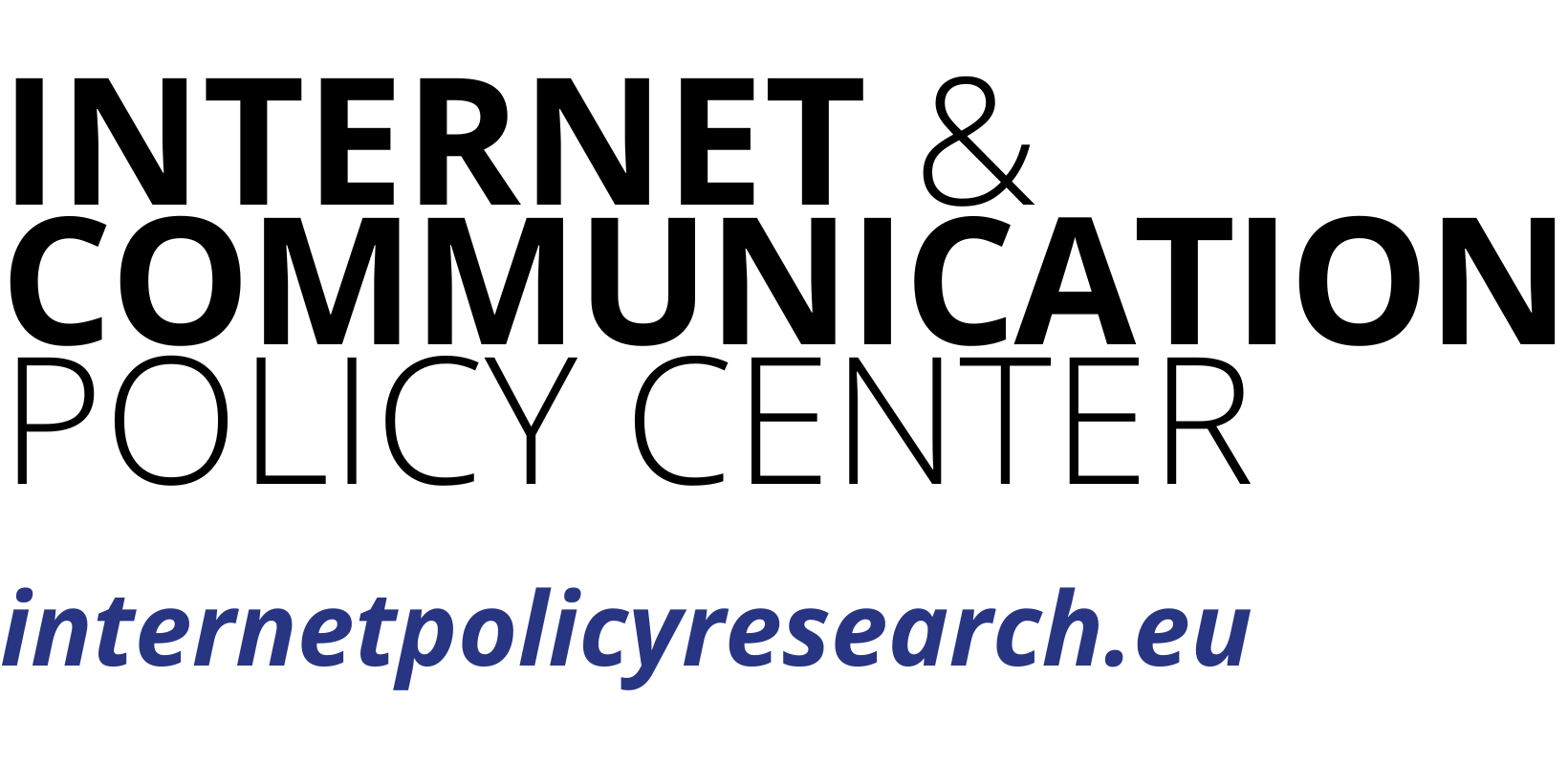Project description
Sovereignty is a political concept that has been increasingly employed in the Internet policy arena by a very heterogeneous set of actors. Once the prerogative of authoritarian regimes aiming at gaining power and authority over Internet governance both at the global and the domestic levels (Goldsmith and Wu 2006; Mueller 2010), claims of sovereignty over digital networks have recently spread in the political discourse in democratic contexts as well. Beside this discursive dimension, with its ongoing definitional struggles and conflicting policy narratives, digital sovereignty is also evolving into a set of actual policy initiatives designed and implemented by governments and private actors all over the world. This process of policy-making is affecting, and reshaping, both the normative framework within which digital networks have been developed so far, and the technical configuration and operational functioning of the internet as we know it. Understanding the meanings, the practices and the consequences of this turn to sovereignty in Internet governance thus represents a crucial task for political scientists investigating the relationships between digital technologies and the development of digital policies in contemporary societies.
This research seeks to contribute to the scientific understanding of digital sovereignty by analyzing related discursive practices and actual policy initiatives from a comparative perspective. The main goal of the project is to investigate how digital sovereignty is conceptualized and institutionalized in different political and economic contexts with a global outlook. More in detail, the proposed research will address relevant political questions, including: How is digital sovereignty defined and framed by different actors? What are the societal and geopolitical settings within which digital sovereignty is claimed or opposed? How is the discourse on digital sovereignty translated into consistent and effective instruments and governance arrangements? How do these policies redefine meanings and practices of citizenship, and the interplay between power and fundamental rights?
In order to answer these questions, a two-year research project will be run by research units based at the University of Salerno and the University of Padua. The project will combine a theoretical understanding of digital sovereignty with an in-depth empirical examination of Internet-related policies in a large set of institutional contexts. The research approach and methodology encompasses both qualitative analysis and computational methods for the comparison of digital sovereignty strategies embraced by political actors in different regional, national and sectoral contexts. Results are expected to shed light on the politics of digital transformation, and to provide new analytical tools to map and explain the rise of digital sovereignty as a principle of Internet-related policy-making and its implication for fundamental rights.


